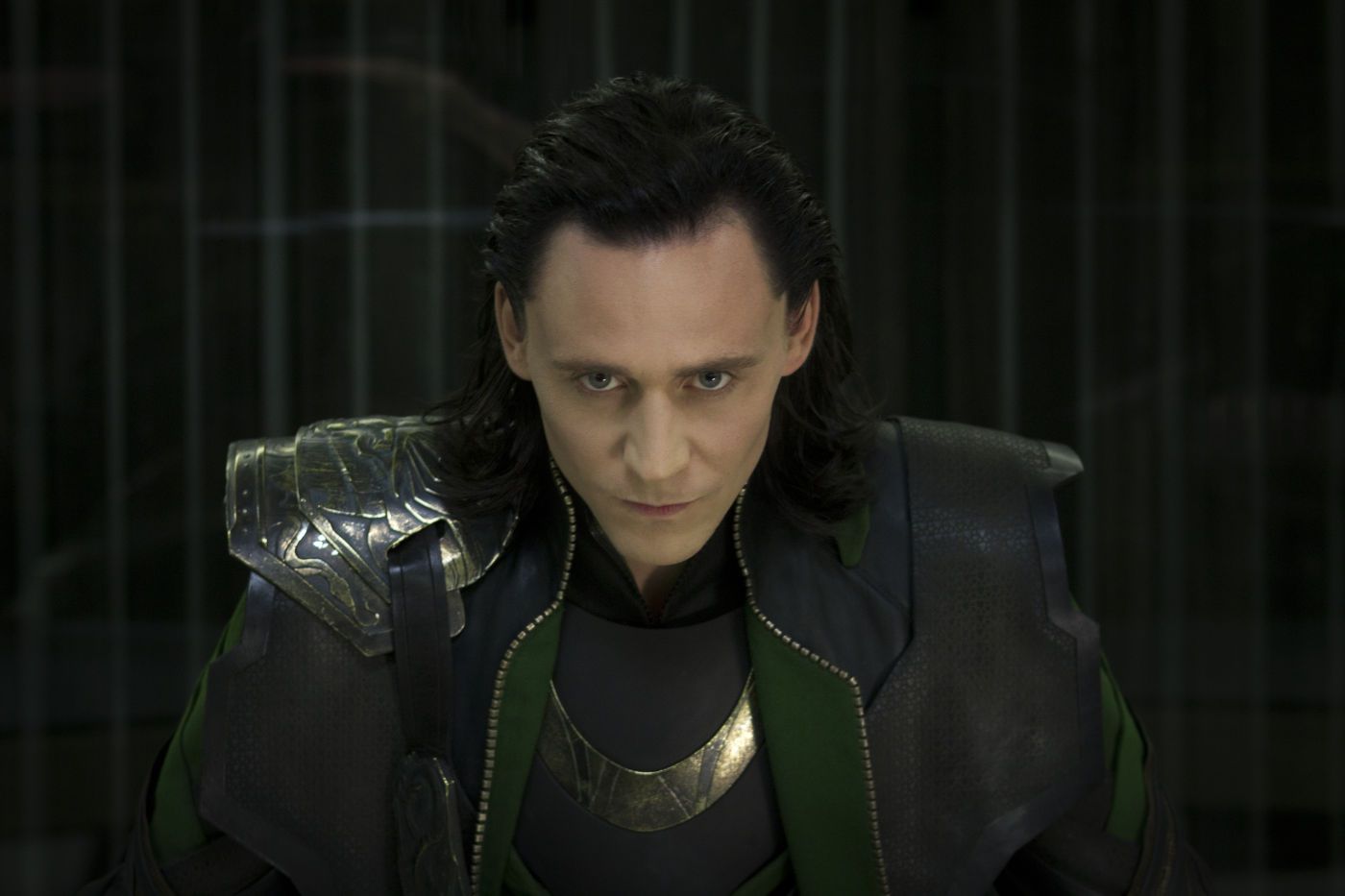

Being a solo film for one of the original six Avengers only now coming out years after the fact, Black Widow may feel like too little too late. As an MCU film, it at first comes off as a mid-tier solo adventure that feels more like standard Marvel than what fans were anticipating to see after the revolutionary Endgame. Set after the events of phase three’s Captain America: Civil War, Black Widow follows Natasha Romanoff as she attends to deadly unfinished business from her past. Apart from being delayed numerous times due to development troubles and the COVID-19 pandemic, a solo film for Scarlett Johansson’s epitomic superspy, who was last seen sacrificing herself for the Soul Stone in Endgame, can’t help but feel like a step backward in more than one sense. Thor: Love and Thunder is harmless enough for a fun time in the MCU, but is played far too safe compared to where Thor’s story could have gone after Endgame.īlack Widow‘s biggest setback is its sense of timing. Christian Bale as Gorr the God Butcher is easily the standout as he is able to ably blend drama, comedy, and sympathy into a single performance the film is arguably not deserving of. Thor’s arc, while a noble exploration of what makes one worthy of love, cheapens the amount of growth that character has accrued over his 11-year stance in the MCU. The comedy that made Ragnarok so endearing is amplified tenfold in Love and Thunder to a degree that borders on annoyance and very quickly overstays its welcome in what felt like a mandate for more jokes per capita. Love and Thunder feels more like a follow-up companion film to Ragnarok than a continuation of Thor’s story as it employs every expectation set by Ragnarok with little new surprises and plays close to the vest in what has already been accomplished in other Thor adventures without feeling fresh or original. In Phase 4, the refreshing surprises of Ragnarok carry over into the greatest weaknesses of Thor: Love and Thunder as Chris Hemsworth’s fourth solo outing as the God of Thunder feels tiring and overly familiar. Director Taika Waititi’s masterful balance of heart, comedy, and action made Ragnarok a landmark film in the MCU’s Phase 3 and a soft-tonal reboot for the series.


What made Thor: Ragnarok such a pleasant surprise was how it subverted every expectation set by the previous two Thor films.
#Ranking loki episodes series
Of all the MCU properties to be given life as series streaming on Disney+, Eternals would have greatly thrived across multiple episodes to give the characters and their story the focus they deserved and sorely lacked in the film. The dramatic conflict of a centuries-long saga and the fallout amongst the team are certainly present and executed well in the time permitting, but the inconsistent pacing and clunky editing ultimately rob the story of its impact. Ironically, the story’s ambition is what holds it back in a filmic structure, and vice versa. Eternals spends most of its runtime explaining the grandeur of its own story and how divorced from humanity its godlike cast is. Films like Doctor Strange and Guardians of the Galaxy succeeded in opening new cosmic doors of the Marvel Universe by keeping the stories tightly focused and the relatable human element present. For a history and pantheon of heroes as rich as Jack Kirby’s original comic creation, Eternals fumbles as a film by trying to cram as much exposition and character into its bloated runtime, resulting in a thin plot.
#Ranking loki episodes skin
Unfortunately, it barely survives by the skin of its teeth in a film that is overly concerned with establishing a further expansion of the MCU over telling a concise narrative. While Marvel has built itself on the power of its worldbuilding, the film drops a sizable truckload of characters, lore, and backstory into the laps of its audience and hopes it all gels together into a comprehensive whole.


 0 kommentar(er)
0 kommentar(er)
